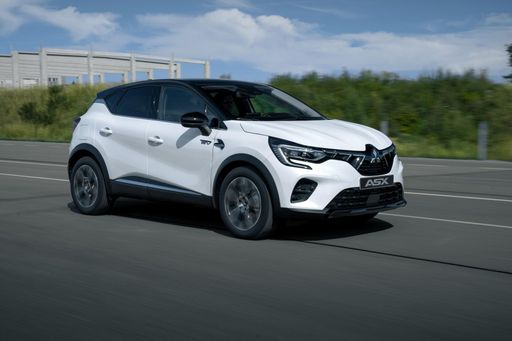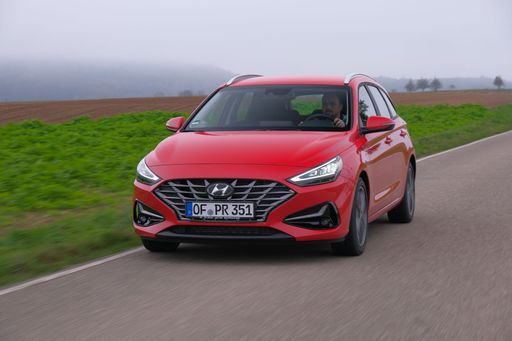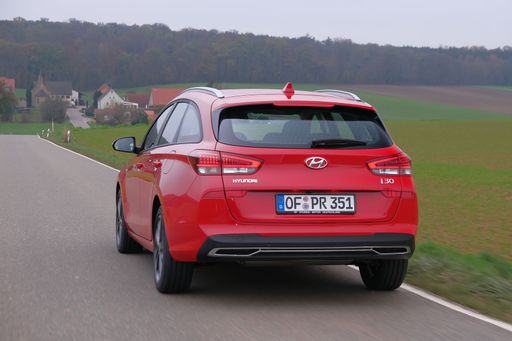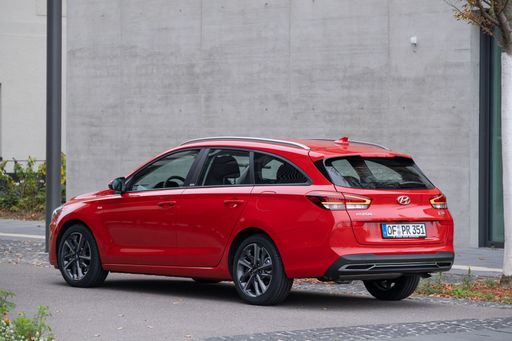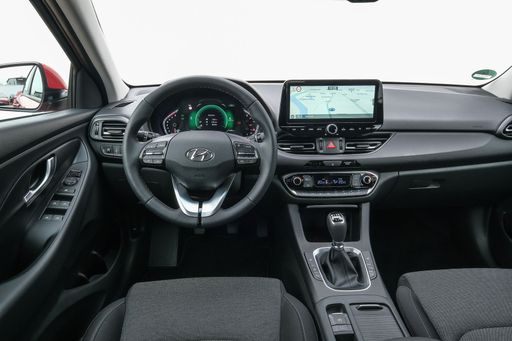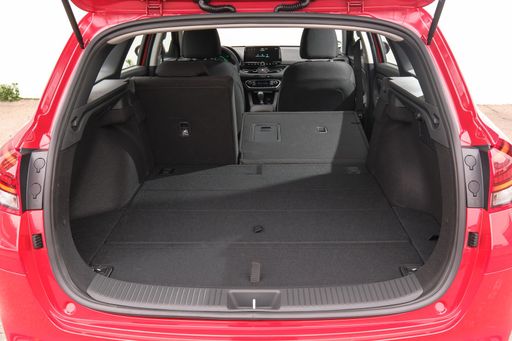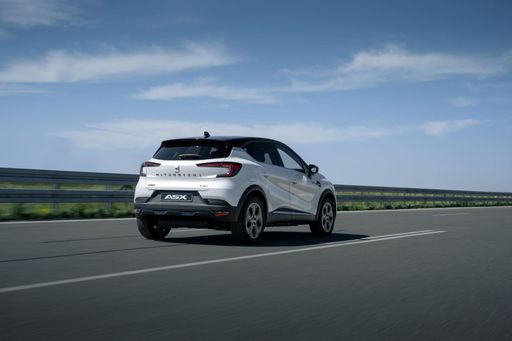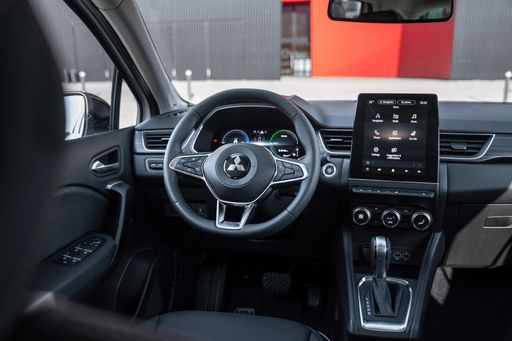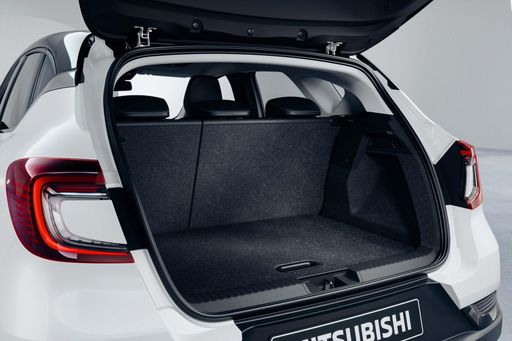Hyundai i30 Kombi vs Mitsubishi ASX: A Comprehensive Comparison
In the realm of defining yet competitive vehicles, two models stand out for the 2024 lineup: the Hyundai i30 Kombi and the Mitsubishi ASX. While both boast the latest in automotive technology, they cater to different needs and preferences. Here, we delve into the specifics that make each car unique and worth consideration for prospective buyers.

